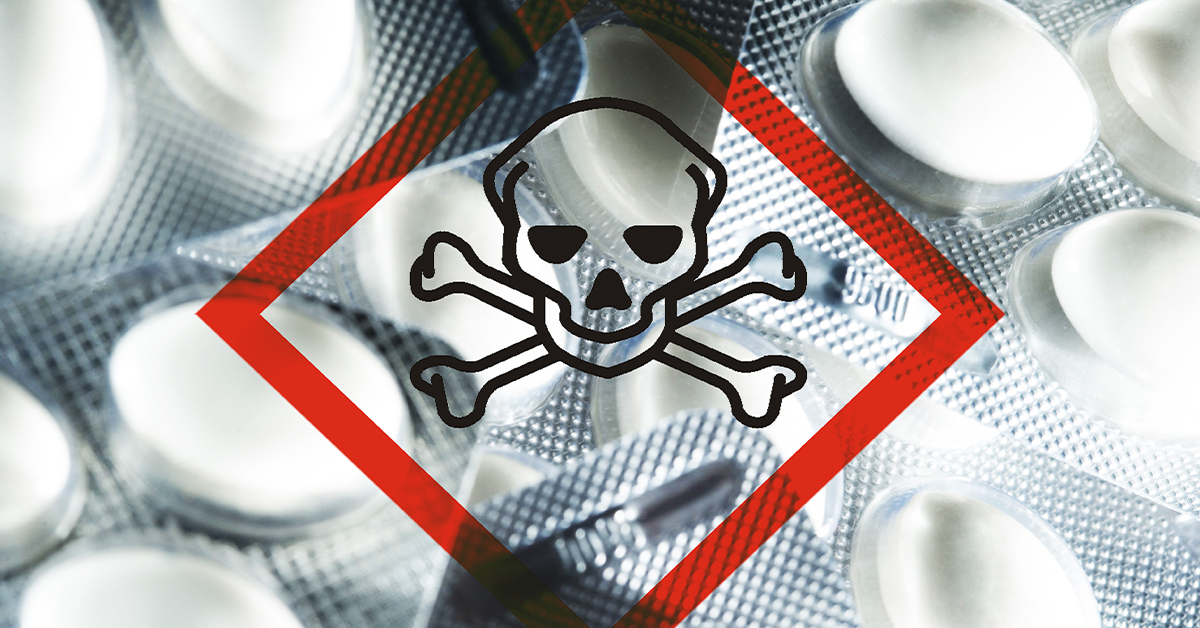Trulicity Lawsuit Deciphered: Trick Facts and Lawful Remedies
Trulicity Lawsuit Deciphered: Trick Facts and Lawful Remedies
Blog Article
Comprehending Your Legal Civil Liberty in a Dangerous Medication Suit
In the realm of pharmaceuticals, navigating the complexities of a harmful medicine claim can be daunting. From figuring out the legal basis for submitting a suit to weighing the alternatives between a course activity and a private insurance claim, there are vital considerations to be made.
Lawful Basis for Suits
Checking out the lawful grounds for pursuing a hazardous medicine lawsuit needs an extensive understanding of appropriate laws and criteria. When considering lawful activity against a pharmaceutical business for a harmful medication, one need to establish that the drug in concern posed unreasonable dangers that were not appropriately divulged to consumers. This generally includes demonstrating that the drug maker failed to alert about recognized risks, misstated the medicine's safety and security or efficacy, or participated in deceitful advertising methods.
To do well in a dangerous medication legal action, plaintiffs typically count on lawful concepts such as negligence, rigorous liability, or breach of warranty. Neglect insurance claims say that the manufacturer did not exercise practical treatment in ensuring the safety of the medication. Rigorous responsibility holds the maker answerable for any flaws in the product, despite intent or negligence. Breach of warranty claims assert that the manufacturer fell short to maintain pledges or warranties concerning the medication's security or performance.
Types of Compensatory Problems
Offsetting damages in a hazardous drug suit encompass monetary restitution granted to complainants to make up for losses sustained due to the damage brought on by the medication. These problems are designed to make the victim whole again, both financially and non-economically. There are 2 primary types of compensatory damages that might be granted in an unsafe medication lawsuit: non-economic problems and financial damages.

Both non-economic and financial compensatory damages play a critical role in making sure that individuals hurt by hazardous medicines get proper compensation for their losses.
Statute of Limitations

Missing out on click for info the statute of restrictions deadline can have serious effects, as it may cause the situation being dismissed by the court. As soon as the law of limitations has actually ended, the complainant may shed the right to look for legal choice versus the party responsible for the damage triggered by the unsafe medicine. It is vital for individuals thinking about an unsafe drug legal action to seek advice from with a certified attorney quickly to abide and comprehend with the appropriate law of limitations in their case.
Course Activity Vs. Individual Legal Actions
Offered the varying law of restrictions in hazardous medication claims, individuals need to carefully weigh the decision in between seeking a course action or a private legal action. Class activity claims entail a group of complainants collectively taking legal action against a defendant, usually a pharmaceutical company, for the same issue - in this case, injury created by an unsafe medicine.
On the various other hand, private lawsuits use more autonomy and control to the complainant. By going after an individual lawsuit, a person can customize the lawful approach to their details scenario, potentially leading to a more desirable and customized result. However, specific claims can be more time-consuming, costly, and might result in lower compensation compared to an effective course action suit. Eventually, the decision in between a course activity and a specific suit need to discover here be based upon the individual's situations, wanted level of participation, and the legal advice received.
Looking For Lawful Counsel
In navigating the complexities of an unsafe medication claim, securing skilled legal advice is extremely important for making certain a enlightened and strong legal technique. When looking for lawful guidance for an unsafe drug claim, it is necessary to discover a regulation firm or lawyer with experience in pharmaceutical lawsuits. These situations typically entail detailed medical and scientific details, requiring an attorney that comprehends both the legal elements and the clinical nuances entailed in such claims.
Professional lawful guidance can aid people recognize their rights, analyze the stamina of their instance, and navigate the complex legal procedures related to hazardous medication suits. Furthermore, an experienced lawyer can supply guidance on whether to seek a private legal action or join a class-action suit, based on the particular situations of the instance.
In addition, lawful advise can aid in collecting evidence, preparing legal documents, negotiating with pharmaceutical firms or their lawful representatives, and standing for clients in court if the situation goes to trial. By getting the assistance of experienced attorneys, people can increase their chances of attaining a favorable result in a dangerous drug lawsuit.

Conclusion
Finally, understanding your legal rights in a hazardous medication claim is vital in looking for best site settlement for any kind of damage caused. Understanding the lawful basis for claims, kinds of compensatory damages available, law of constraints, and the difference in between class action and individual legal actions can help individuals navigate the lawful procedure effectively. Seeking legal advice is crucial in ensuring your civil liberties are safeguarded and promoting for the payment you are entitled to.
Offsetting problems in a harmful medication lawsuit include economic restitution granted to complainants to make up for losses sustained due to the damage created by the drug.The law of restrictions in a hazardous drug suit develops the timeframe within which a complainant have to file a lawful case against the responsible party for the damage caused by the medication.Provided the differing statute of constraints in hazardous medicine lawsuits, people should carefully weigh the choice in between pursuing a class activity or a private claim. Private suits can be more time-consuming, costly, and might result in reduced settlement compared to an effective course activity legal action. Knowing the legal basis for legal actions, kinds of compensatory problems available, statute of constraints, and the difference in between course action and individual lawsuits can aid individuals navigate the legal process properly.
Report this page